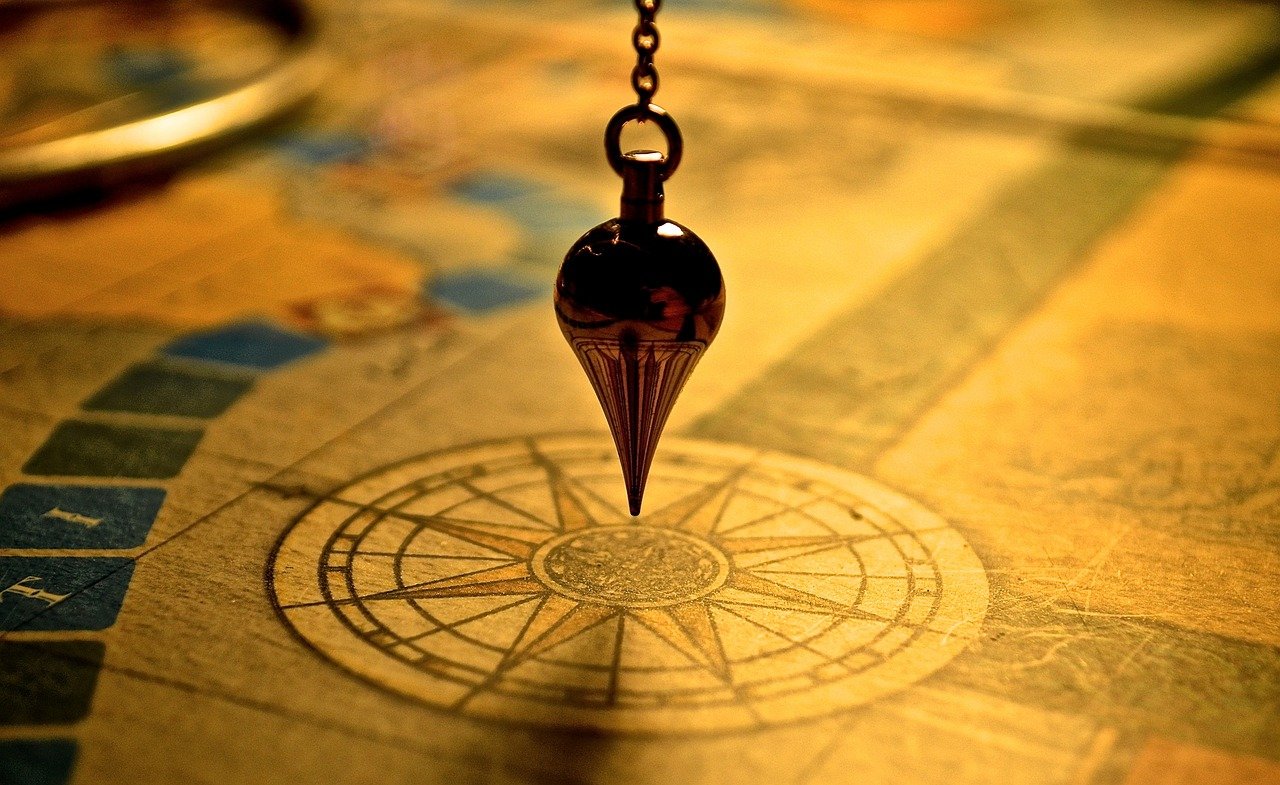The Fourth Plague: Flies
Exodus 8:20-32
20 Then the Lord said to Moses, “Rise up early in the morning and present yourself to Pharaoh, as he goes out to the water, and say to him, ‘Thus says the Lord, “Let my people go, that they may serve me. 21 Or else, if you will not let my people go, behold, I will send swarms of flies on you and your servants and your people, and into your houses. And the houses of the Egyptians shall be filled with swarms of flies, and also the ground on which they stand. 22 But on that day I will set apart the land of Goshen, where my people dwell, so that no swarms of flies shall be there, that you may know that I am the Lord in the midst of the earth. 23 Thus I will put a division between my people and your people. Tomorrow this sign shall happen.”’” 24 And the Lord did so. There came great swarms of flies into the house of Pharaoh and into his servants' houses. Throughout all the land of Egypt the land was ruined by the swarms of flies.
25 Then Pharaoh called Moses and Aaron and said, “Go, sacrifice to your God within the land.” 26 But Moses said, “It would not be right to do so, for the offerings we shall sacrifice to the Lord our God are an abomination to the Egyptians. If we sacrifice offerings abominable to the Egyptians before their eyes, will they not stone us? 27 We must go three days' journey into the wilderness and sacrifice to the Lord our God as he tells us.” 28 So Pharaoh said, “I will let you go to sacrifice to the Lord your God in the wilderness; only you must not go very far away. Plead for me.” 29 Then Moses said, “Behold, I am going out from you and I will plead with the Lord that the swarms of flies may depart from Pharaoh, from his servants, and from his people, tomorrow. Only let not Pharaoh cheat again by not letting the people go to sacrifice to the Lord.” 30 So Moses went out from Pharaoh and prayed to the Lord. 31 And the Lord did as Moses asked, and removed the swarms of flies from Pharaoh, from his servants, and from his people; not one remained. 32 But Pharaoh hardened his heart this time also, and did not let the people go.
With the fourth plague, the Lord demonstrates His power by distinguishing between the Israelites in the land of Goshen and the rest of the Egyptians. Remember, the Lord wants to teach Pharaoh about Himself, and here that’s what’s happening:
But on that day I will set apart the land of Goshen, where my people dwell, so that no swarms of flies shall be there, that you may know that I am the Lord in the midst of the earth. [8:22]
Pharaoh tries to save face by telling Moses that the Israelites can sacrifice to the Lord, but only within Egypt. Moses won’t accept this compromise, and then Pharaoh says that he’ll let the Israelites go to worship the Lord in the wilderness. But, as soon as Moses leaves and the Lord removes the flies at Moses’s request, Pharaoh changes his mind.
Lord, save us from such foolish refusals to repent and change direction!
P.S. Note that the Israelites sacrifice animals that the Egyptians revere as sacred (v. 26). One of the purposes of the exodus is to teach about the Lord, and one of the main lessons is that the Lord is the Creator; everything else is creation and therefore should not be worshipped.





















